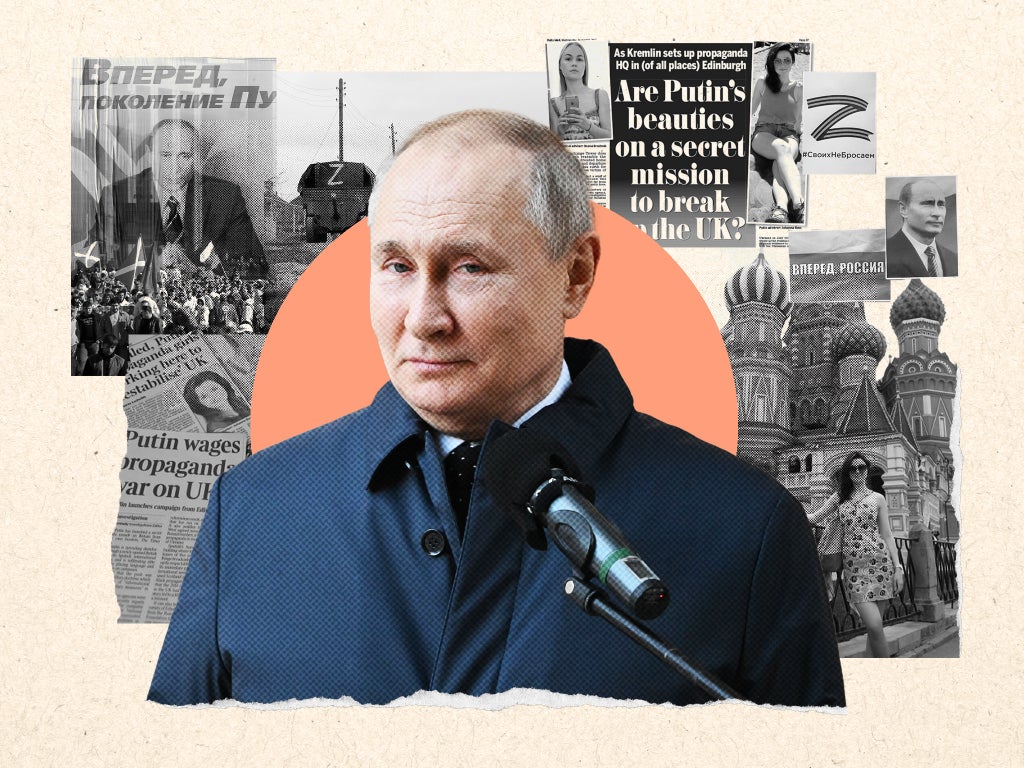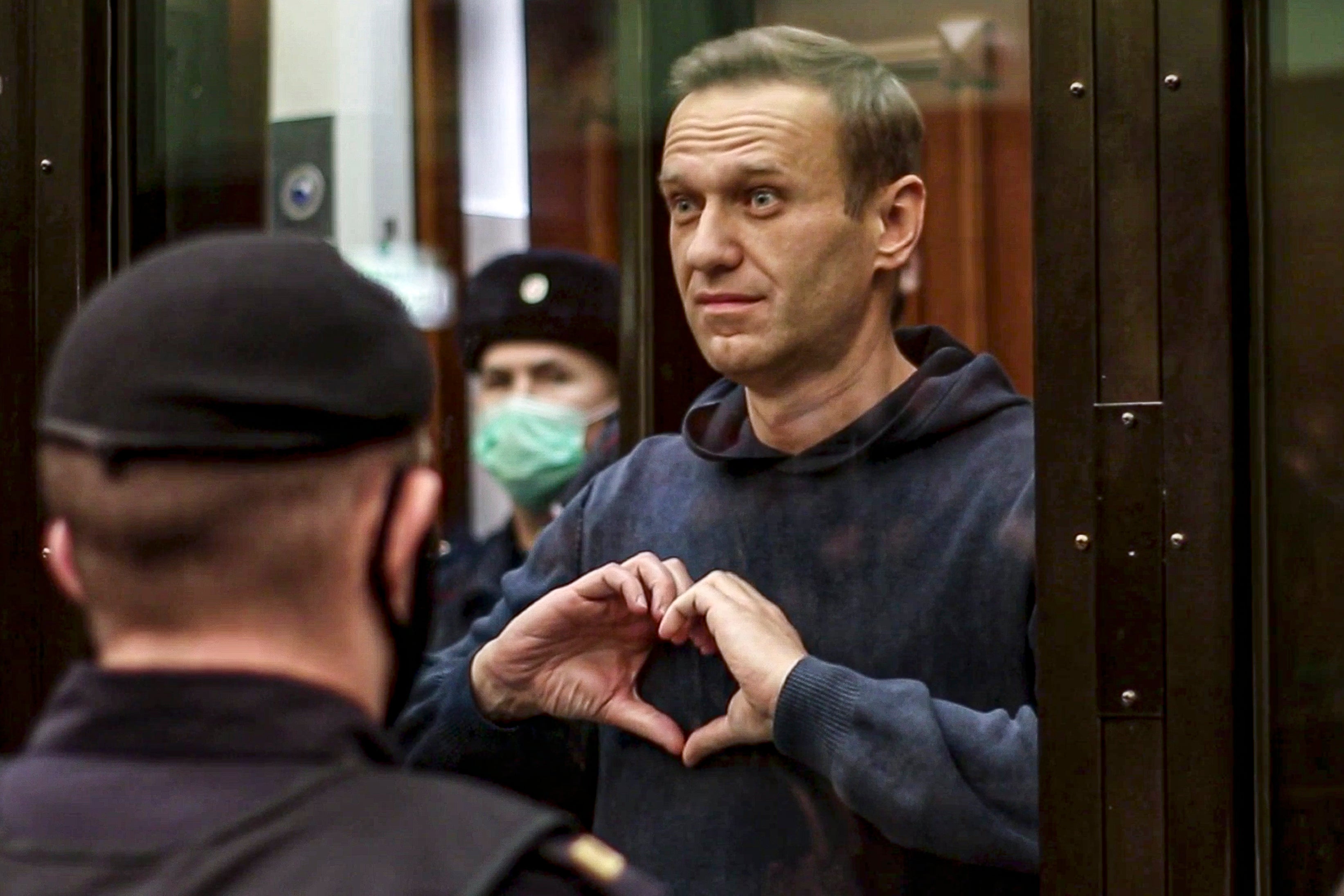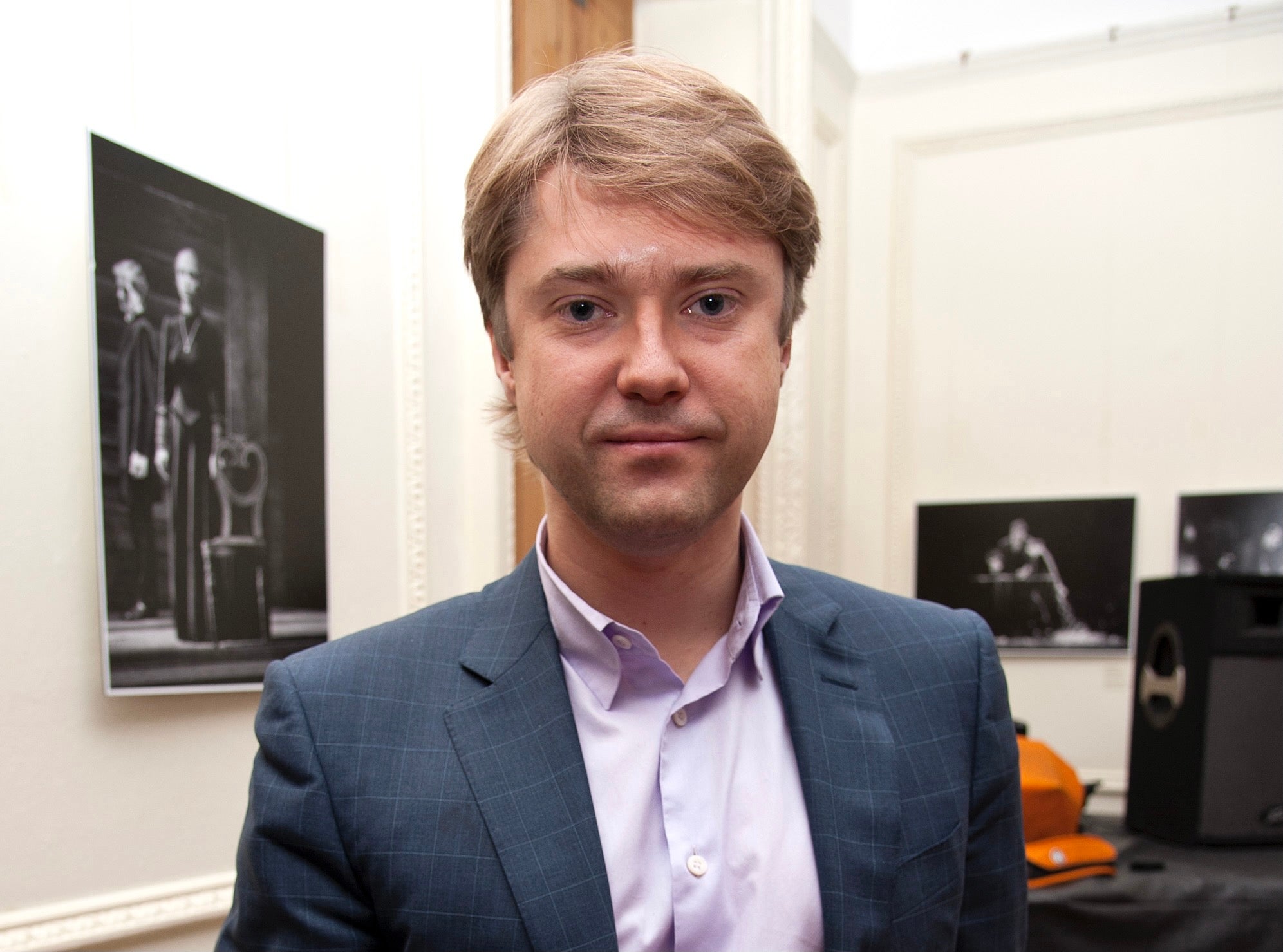
The Ukraine invasion will bring an end to Vladimir Putin’s regime within five years, an aide to the jailed opposition leader Alexei Navalny has told The Independent.
Vladimir Ashurkov, chief executive of Mr Navalny’s Anti-Corruption Foundation, said the unpopularity of the war inside Russia would spark a democratic revolt and hasten the demise of Putin’s rule.
“The war is not popular and the economic decline is not going to be popular. I think it brings forward the demise of Putin’s regime,” he said on the impact of the west’s squeeze on the Russian economy.
“I think we will see increasingly widespread dissent in the business and political elite, and mass dissatisfaction in the population – I think this will lead to big political change,” Mr Ashurkov said.
The pro-democracy dissent added: “I think that it’s likely that we see a real change of government within five years. At what cost? How exactly will it happen? That remains to be seen.”
The Anti-Corruption Foundation – set up by Mr Navalny in 2011 to expose the oligarchy around Putin – was banned in Russia as an “extremist” organisation at the end of 2021.
Pro-democracy leader Mr Navalny was imprisoned last year upon returning to Russia from Germany, where he had spent five months recovering from a nerve agent poisoning that he blames on the Kremlin.
Mr Ashurkov, who continues to work for his group in exile in the UK, told The Independent that most people in Russia were “shocked” by the Ukraine invasion and could not see any purpose to Putin’s actions.
“People don’t accept the lies from state TV all the time,” he said. “There is a core group of Putin supporters, maybe 25 per cent to 30 per cent, who still support him. But I think most people are really shocked by the invasion. War for them is something imaginable.”
The opposition campaigner added: “This invasion has made many people asked, ‘Why? What is the purpose?’ Because there is no end goal that people can see that is rational. When the economic costs start to sink in, people will be more and more disillusioned.”

Mr Ashurkov praised the UK, the US and the EU for imposing sanctions on “about half” of the 35 names on the so-called “Navalny list” – oligarchs the Anti-Corruption Foundation wants frozen out by the west.
The dissent said he wished Boris Johnson’s government had begun cracking down on Russian money in London “a long time ago”, but added that the scale of the recent economic sanctions and damage inflicted had surprised the Putin regime.
“I think the severity of sanctions by the west was a surprise [to the Kremlin]. It was even a surprise to me. The impact – flights halted, the rouble plunging, foreign companies leaving – I don’t this response was fully anticipated.”
Describing Putin as “a maniac who is not limited by reason”, Mr Ashurkov expressed scepticism about the tentative peace talks between Russia and Ukraine, and the idea that Putin could back down anytime soon.
He suggested there could be a long period of detailed negotiations between officials from the two countries, “but the space for a long-term solution is very limited”.
But the anti-corruption campaigner said the political climate in Russia had shifted, and the damaging deep freeze in economic relations with the west would remain. “There is no way of going back to normal. The invasion has changed everything,” he said.
Mr Ashurkov added: “Regardless of which sanctions will stay, the economic damage will last for years, as many if not most foreign companies are leaving Russia … The invasion weakens his regime. It makes all the problems in Russia more acute.”

Earlier this week Russian prosecutors called for Mr Navalny – currently serving a two-and-a-half sentence – to serve 13 years in prison, after hitting him with new fraud charges. “More trumped-up charges as part of political persecution,” said the Anti-Corruption Foundation chief.
Anti-war protests continue to take place in cities across Russia. More than 14,000 people have been arrested for protesting against the Ukraine invasion over the past few weeks, according to the human rights group OVD-Info.
Mr Ashurkov said he believed that Mr Putin had planned “the poisoning and the illegal incarceration” of Mr Navalny in preparation for the invasion of Ukraine in a bid to stop the democratic opposition from growing.
But the dissent said the ruler’s grand “vision” of reclaiming former Soviet Union territories had backfired and struck most Russians as “totally unnecessary and unprovoked”.
“He has a vision of grandeur – this legacy he will leave of reclaiming territory. But the invasion, this blunder, is not working,” said Mr Ashurkov.







